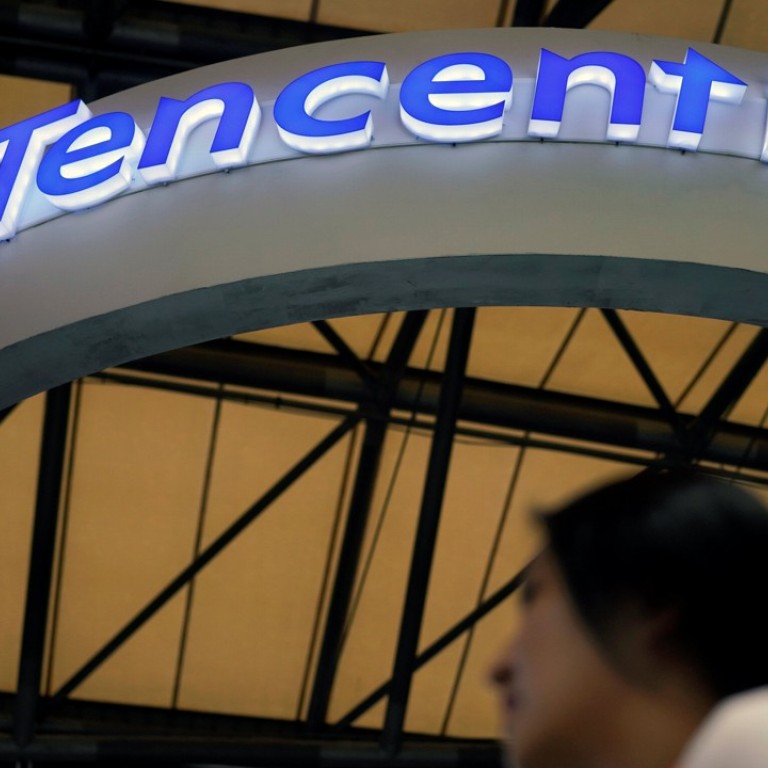
Tencent games revenue in focus after China blocks Monster Hunter: World
Chinese internet giant Tencent Holdings saw its shares take a tumble on Tuesday, wiping out around US$15 billion in the company’s market value, amid concern of a blow to its video game revenue after regulators blocked the sale of one of its blockbuster titles.
Analysts had widely expected Monster Hunter: World to be one of 2018’s biggest hits for Tencent, which licensed the game from Japan’s Capcom to sell on its WeGame platform.
The game, in which players hunt fearsome creatures, disappeared from the platform on Monday, days after its August 8 release.
Tencent said in a statement that regulators had received a large number of complaints about the game, which has sold over eight million copies worldwide.
Shares in Tencent, which is set to report half-year earnings today, closed down 3.4 per cent on Tuesday, against a 0.7 per cent fall in the benchmark Hang Seng share price index.
The company’s share price has dropped more than 14 per cent this year, losing around US$160 billion in market value since peaking in January.
“People are very concerned about Tencent in the short-term,” said Douglas Morton, head of research in Asia at Northern Trust Capital Markets.
He said the block followed concerns over Tencent’s ability to monetise PlayerUnknown Battleground (PUBG). Tencent had to alter PUBG last year after the regulator deemed it too violent, but has yet to receive a licence to sell the updated version.
Industry executives said many firms have been awaiting games sales licences since March after the government earlier in the year reformed its content regulatory body and split up the State Administration of Press, Publication, Radio, Film & Television.
“The key here is, not only PUBG, but no games are able to get licences now,” a person from Tencent told Reuters on Tuesday on condition of anonymity owing to the sensitivity of the matter.
The person said staff were puzzled about the reason for blocking sales of Monster Hunter: World because the game was less gory than other titles and had received its sales license before March.
“It’s not impossible that you could still be hit even after you pass the censors, in the same way a movie can be pulled after public screening,” the person from Tencent said.
Tencent declined to comment beyond the statement it released on Tuesday. The Ministry of Culture and Tourism, which regulates the video games industry, did not respond to requests for comment.
Northern Trust’s Morton said he remained bullish on Tencent and that there is always regulatory risk in China versus the rest of the global video gaming market.
“For us this (firm) is a medium-to-longer-term holding with a history of good investment,” Morton said. “I think the monetisation (of the blocked games) will happen, it is just a matter of time.”
Tencent said customers who bought Monster Hunter: World were entitled to a full refund until August 20. It said they will be able continue playing the game, but that the firm could not guarantee associated services would continue.

